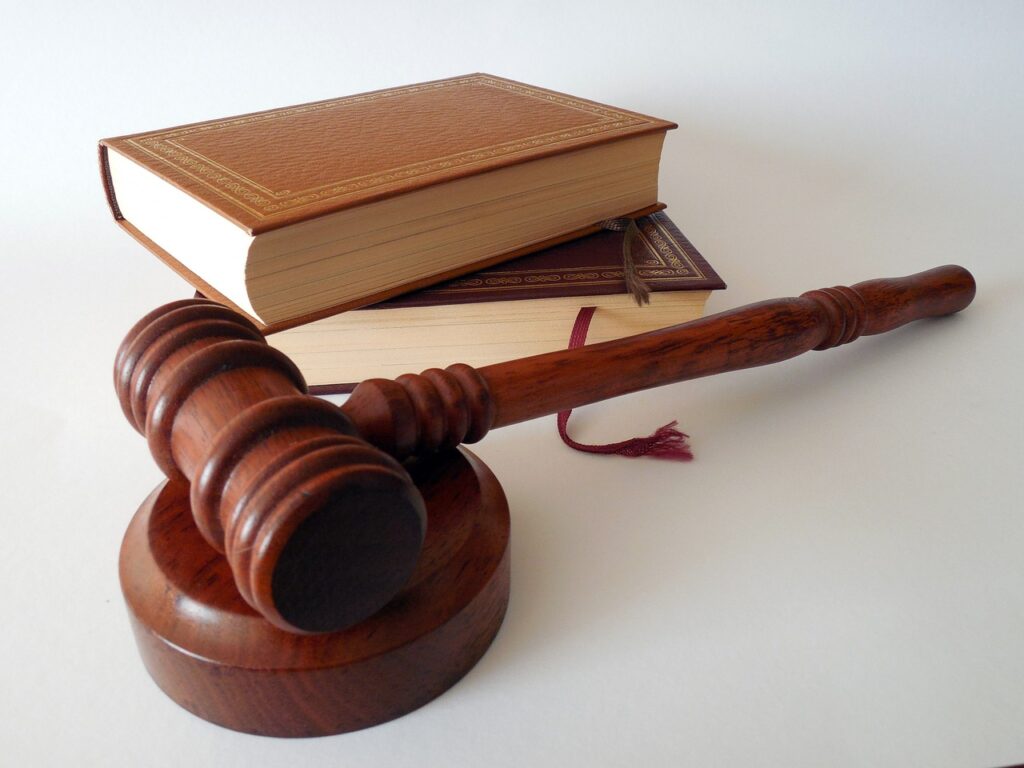What is a CCJ? All You Need to Know

A County Court Judgment (CCJ) is a type of court order in the UK that might be registered against you if you fail to repay money you owe. This can have serious implications on your financial status and credit score. In this article, we’ll delve into what a CCJ is, how it works, and the process of CCJ enforcement.
Understanding a CCJ
A CCJ is issued when someone takes court action against you because you have failed to repay money you owe them. This is typically the last resort after they have made several attempts to recover the debt. The CCJ sets out how the debt should be repaid and is a legal obligation. Failure to comply with the terms of a CCJ can lead to further enforcement action.
How Does a CCJ Work?
When someone applies to the court to register a CCJ against you, you will be sent a ‘claim form’ outlining the amount of money you owe. You have 14 days to respond to this claim form. If you accept that you owe the money, you will need to arrange payment. If you dispute the amount, you can challenge it.
If you don’t respond to the claim form, the court will usually issue a CCJ against you by default. This will outline how much you owe, how to pay (in full or in instalments), who to pay, and the deadline for payment.
Implications of a CCJ
A CCJ can have serious implications. It will be recorded on the Register of Judgments, Orders and Fines for six years, and can significantly affect your credit rating, making it more difficult for you to borrow money or get credit in the future. Employers and landlords may also check the register, which could impact your employment prospects or ability to rent property.
CCJ Enforcement
If you fail to comply with the terms of a CCJ, the person you owe money to can return to court to enforce the judgment. This is known as CCJ enforcement. There are several methods of enforcement, including:
Warrant of Execution: This allows court bailiffs to visit your home or business to collect the money you owe or remove goods for sale.
Attachment of Earnings Order: This instructs your employer to deduct money from your wages to pay the debt.
Charging Order: This secures the debt against your property or shares, meaning they could be sold to pay the debt.
Third Party Debt Order: This freezes money in your bank or building society to pay the debt.
Avoiding a CCJ
The best way to avoid a CCJ is to deal with any potential debts promptly. If you’re struggling with repayments, it’s important to communicate with your creditors and try to negotiate a payment plan. If you receive a claim form, don’t ignore it. Seek advice from a debt advisor or solicitor to understand your options.
Conclusion
A CCJ is a serious matter and should not be taken lightly. It can have long-lasting effects on your financial health and personal life. Understanding what a CCJ is, how it works, and the process of CCJ enforcement is crucial in managing your financial responsibilities and navigating any potential debt issues. If you’re facing a CCJ, seek professional advice to understand your rights and options.





